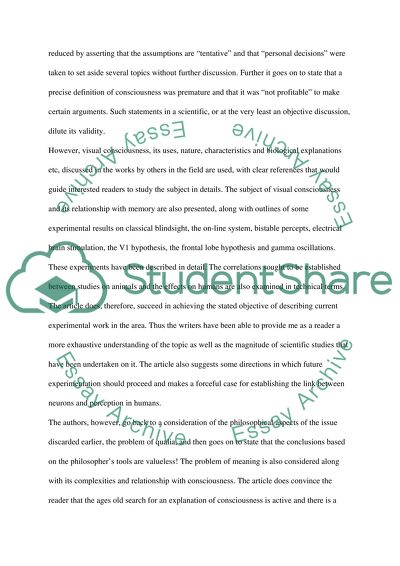Animal Behavior Essay Example | Topics and Well Written Essays - 500 words. Retrieved from https://studentshare.org/miscellaneous/1539224-animal-behavior
Animal Behavior Essay Example | Topics and Well Written Essays - 500 Words. https://studentshare.org/miscellaneous/1539224-animal-behavior.


